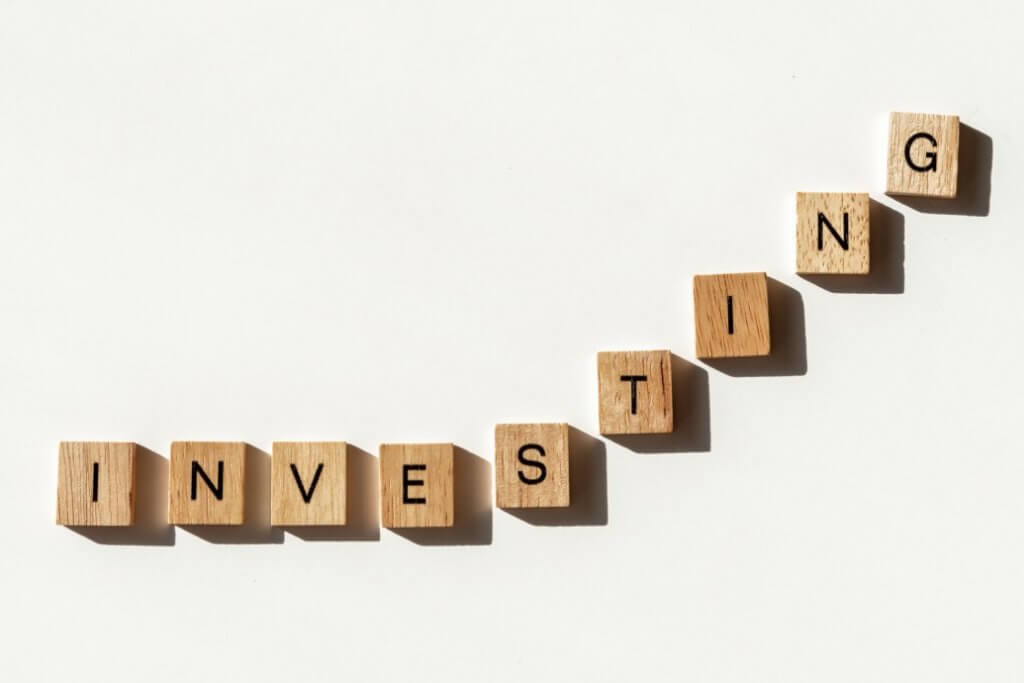The ĠEMMA Risk Profile Quiz

COVID-19 is having a negative impact on businesses and economies. For some of you this may be an opportunity – investing in shares whilst they are down: as the adage goes, what goes down, goes up.
With the banking sector rendering it hard to get much interest back these days from savings or fixed term deposit accounts investing in shares today may seem like an attractive option.
If you never invested in shares, we at ĠEMMA recommend that you act cautiously. The following are some tips that we suggest you should consider before carrying out any investment:

o Do not jump blindly into buying shares. You may hear your friends talking how the stock market helps investors make big money. You might never have invested in the market, but after hearing this you also decide to buy some stocks. Do not buy shares just because your friends are doing and talking about it. You should invest in the stock market only after getting the basic knowledge about it and in accordance with your financial goals.
o Make sure that you educate yourself on how a stock market works – and handle the basics first. Some important areas which you should be familiar with before entering the market are:
- Understanding financial metrics and definitions such as PE, EPS, ROE, Market Cap and so on.
- Popular Methods of Stock Selection and Timing, such as fundamental and technical analyses.
- Trading basics, rules, compliances and terminology as market order types including market orders, limit order, stop market orders, stop limit orders, trailing stop loss orders, and other types commonly used by investors, margin money required if you want to trade in F&O.
- Gain some understanding about the market and its relationship with the economy such as market relationship with inflation, GDP, fiscal deficit, crude prices, Euros values against dollar, bear and bull market. People lose money in the markets because they simple jump to the market without understanding the economic and investment market cycles.
Ask yourself: how prepared are you to make this investment?
o If you are a newbie investor the biggest mistake you invest money that you actually afford to lose. Investing in the stock market is risky, and that means that you can potentially lose everything. If you want to take risk in the stock market, then only invest your surplus funds which you can afford to lose. Investment is done to generate more money, but do not invest all your emergency funds in the stock market. Therefore, if this is a start by trial and error keep you investment kitty small and affordable taking into account:
- How old am I?
- How much I can afford to lose by getting it wrong?
- Are you comfortable with the risk?
o Do find your forays into buying share by entering into debt – if the decision goes wrong for you, you know have to pay off that debt and interest to boot.
o Study the sector and the company you are considering well.
o Look for investments that can increase in value – which the company you are looking at has good chances in rebounding and thriving in a non-COVID-19 scenario.
o Do not get greedy from one investment to the next. If you start getting decisions right keep in mind that you are an amateur, and a good run does not mean that you got a handle on the financial market.
o If you are looking to invest through on-line platforms make sure that these are the real thing and that they are registered with the regulatory competent authority from where they are operating. Also make sure that you read and fully understand the terms of use and there are no hidden catches that can prove to be costly.
o Make sure you do not let your emotions impact your investment. Get rid of the fear and greed cycle. Do not invest in any speculative unknown stock lured by its past fabulous return without understanding the risk involved that will lead you to suffer loss. In a market that is not performing well (known as a bear market), control your fear and do not panic and sell shares at rock-bottom prices.
o As you invest, your mix (your “asset allocation”) is the most significant factor that will determine the results you get, including the ups and downs in value you will experience. It’s important that you set up the right mix – though refrain from over diversification. Choosing a mix is a way of taking on more or less risk, depending on how many riskier assets like shares that you buy. The more risk you take on, the higher your returns potentially can be, although it’s no sure thing. That’s what risk is all about. To check out the most appropriate mix for you and your situation (often called your “risk profile”), download the ĠEMMA Risk Profile Quiz from this link.



